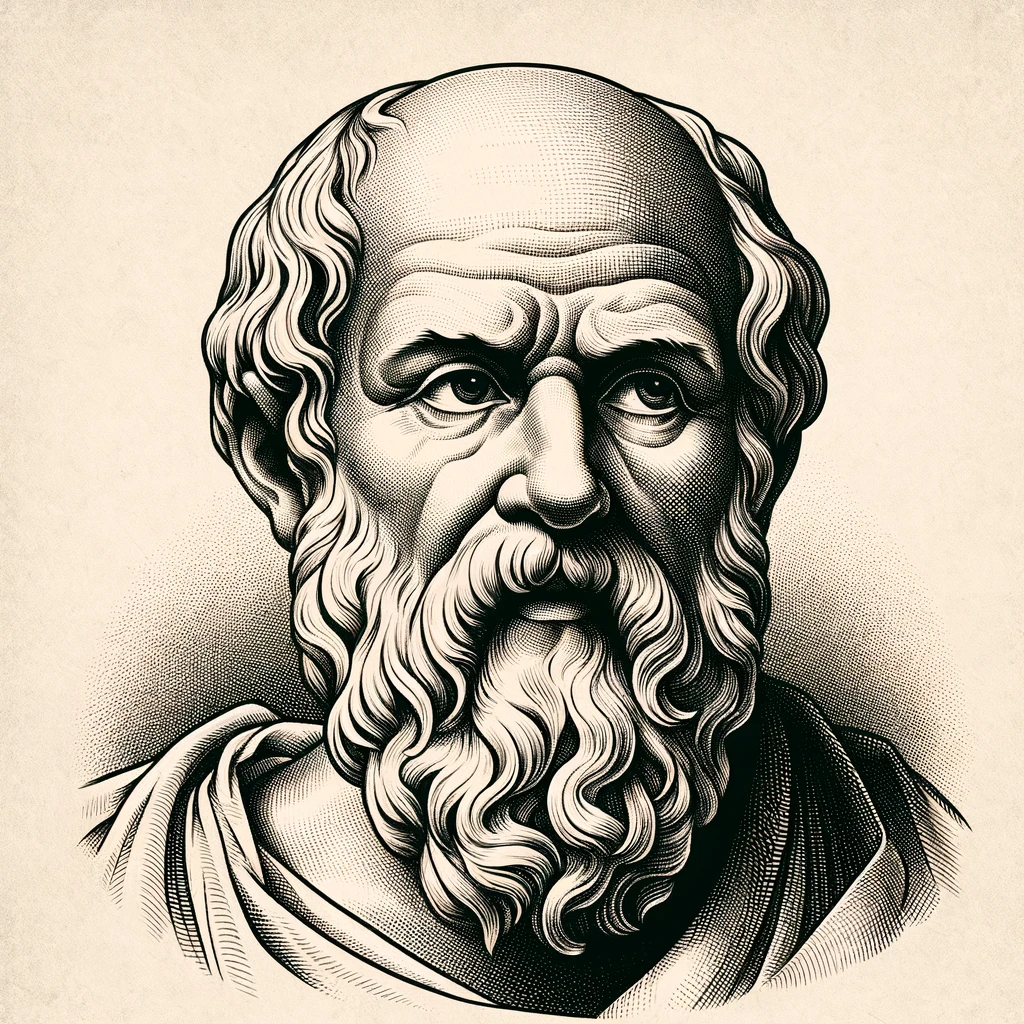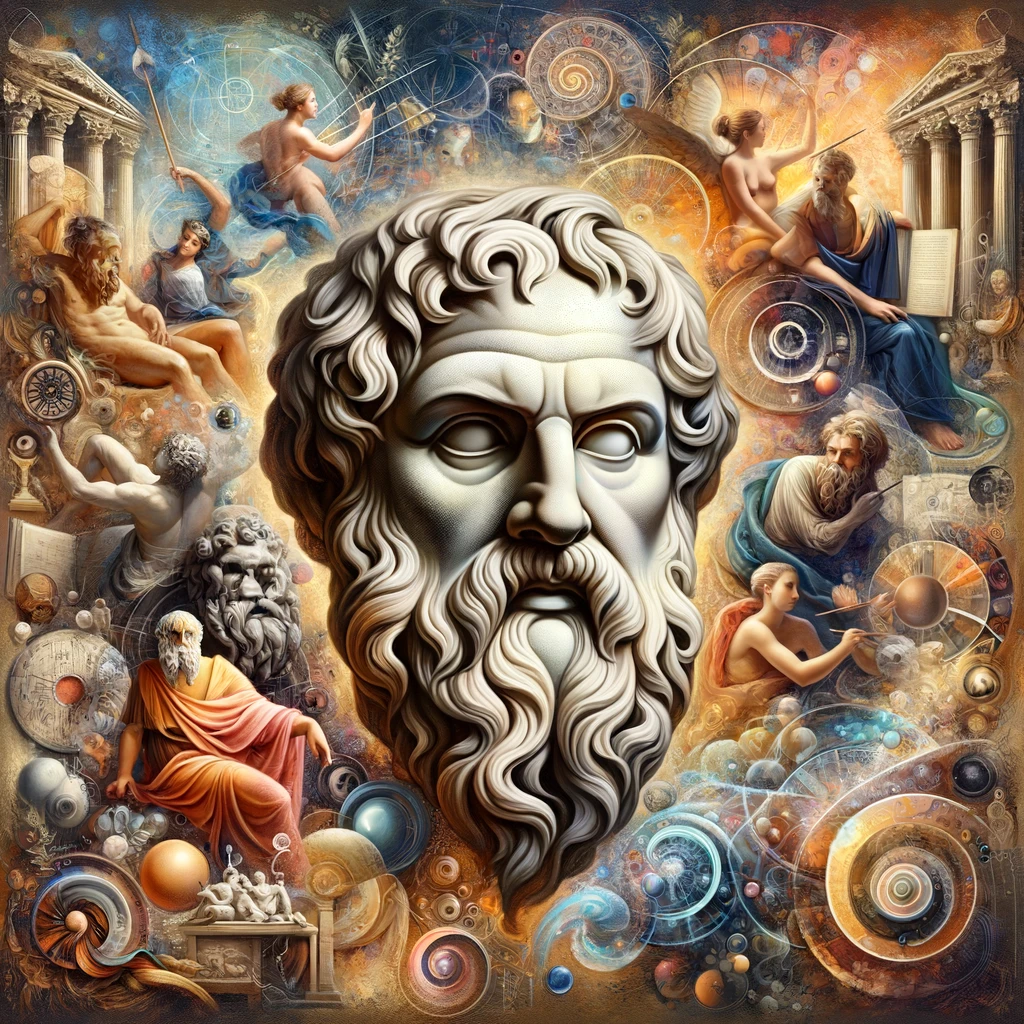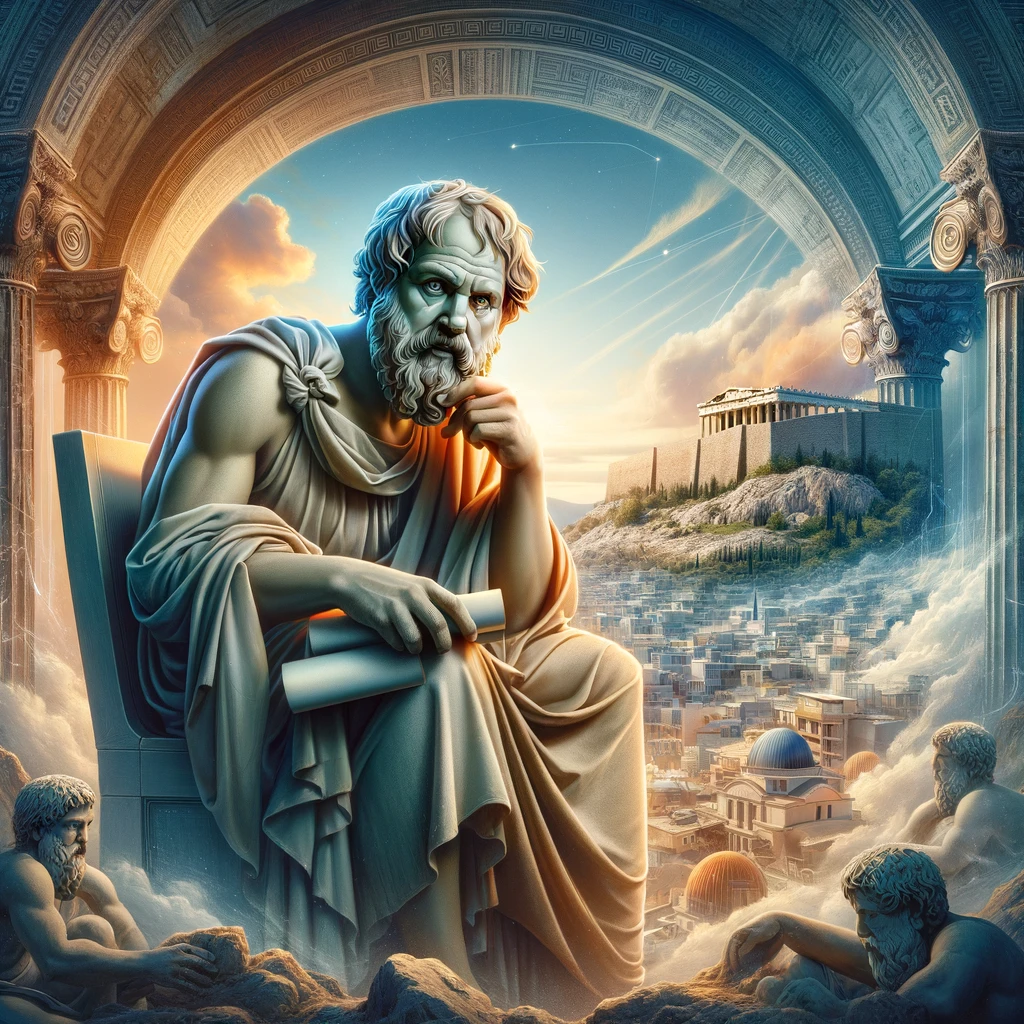In a twist that might have even Socrates scratching his head in bemusement, the global political stage has seen a surge in leaders whose paths to power were anything but conventional. From comedians to television personalities, these figures are vaulting from the stage and screen to the highest offices of government. Let’s explore this phenomenon through a Socratic lens, using humor and philosophical insights to examine the nature of democracy and leadership in our time.
The Unconventional Path to Power
It seems democracy has developed a taste for the unconventional. The election of a comedian as the President of Ukraine, Volodymyr Zelensky, is a case in point. This shift prompts us to question, in a manner reminiscent of the ancient Athenian philosopher, what qualifications we truly seek in our leaders. Is the ability to entertain now a precursor to effective governance?
The Criteria for Choosing Leaders
In a Socratic-style examination, one might ask: What led us to believe that a master of satire or drama is suited for the drama and complexities of political leadership? Is it a collective yearning for relatability, or perhaps a frustration with the traditional political class that drives this trend?
The Irony of Political Choices
There’s an irony here that would not be lost on our philosophical guide: the very qualities that entertain and amuse us in one arena are now the credentials for leading nations. The skill set for eliciting laughter or applause is vastly different from that required to navigate the intricate world of international politics and policy-making. Yet, here we are, applauding as entertainers take the reins of power.
The Socratic View on Competence and Governance
While Socrates himself isn’t here to comment, one can imagine his approach: relentlessly questioning the underlying assumptions of our political choices. Do charisma and popularity trump experience and expertise? In his time, Socrates warned against the dangers of rhetoric without substance. Today, we might extend this caution to celebrity without governance experience.
Reflections on Democracy’s Choices
This trend in democratic elections is a mirror reflecting our societal values and desires. It suggests a growing disillusionment with traditional politics and a hunger for something different, even if it means betting on the untested and the unconventional.
Concluding Thoughts
As we witness entertainers and comedians ascend to positions of political power, it’s worth pondering – in a true Socratic fashion – what this says about our expectations of leadership. Are we seeking a breath of fresh air, a break from the norm, or are we simply drawn to the familiar face and comforting narrative?









